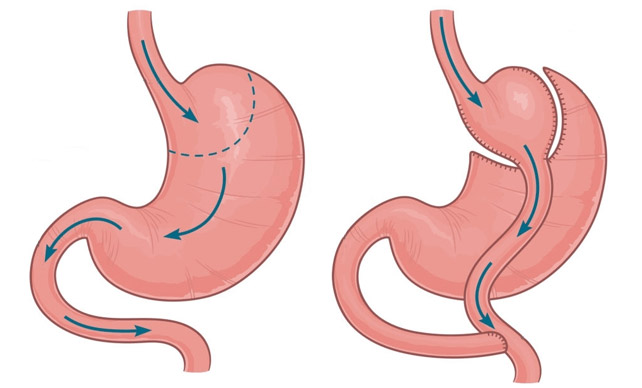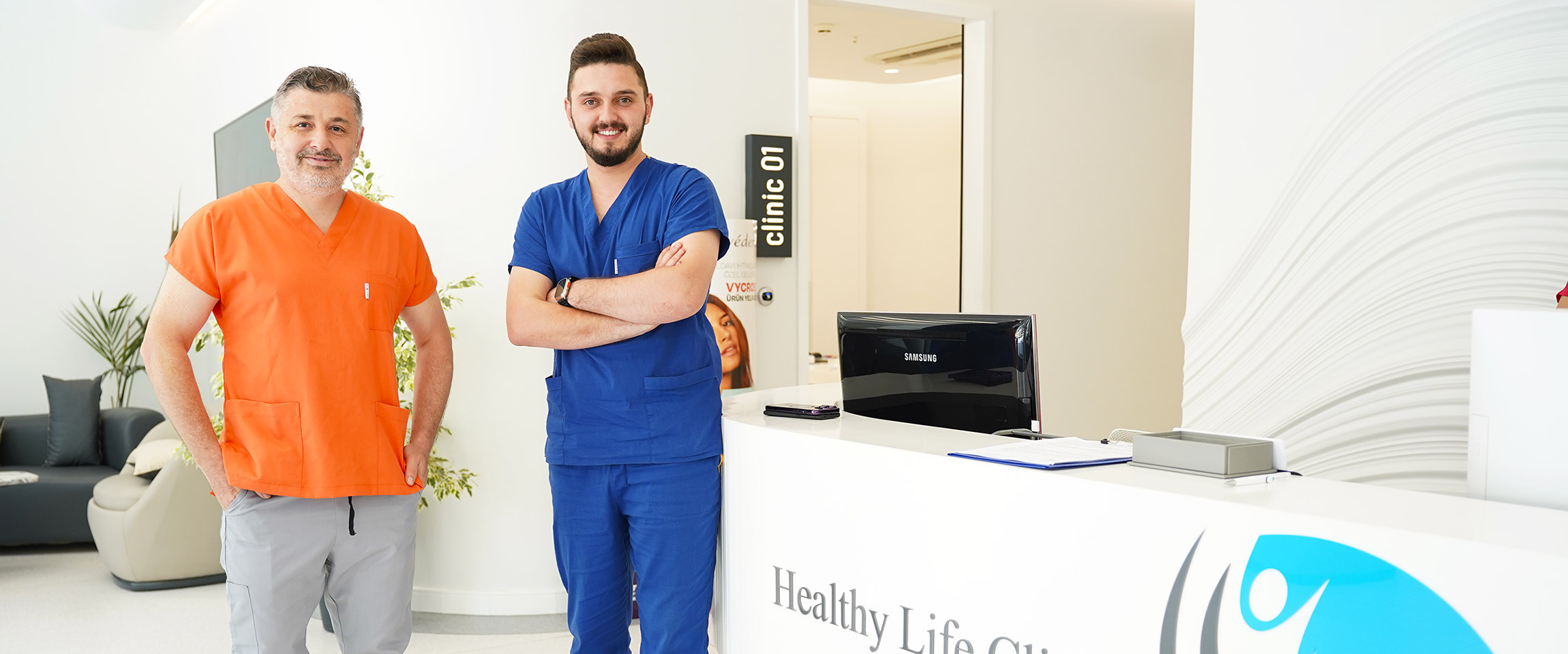Preparation and Consultation
After surgery, if you don’t stick to the food and exercise plan advised by our doctor, your stomach will stretch and your weight may come back. Consequently, the procedure will not be successful. You must thus strictly adhere to all instructions given by one of our specialists during the preparation stage. Prior to the procedure, our surgeon conducts an evaluation to reduce the possibility of complications. The surgeon then uses a little camera to check the stomach cavity. Blood tests and an EKG can also be necessary.
One week before to surgery, eliminate alcohol and sweets from your diet. In collaboration with your doctor, reduce your oil consumption and cease taking medications that interfere with blood coagulation.


